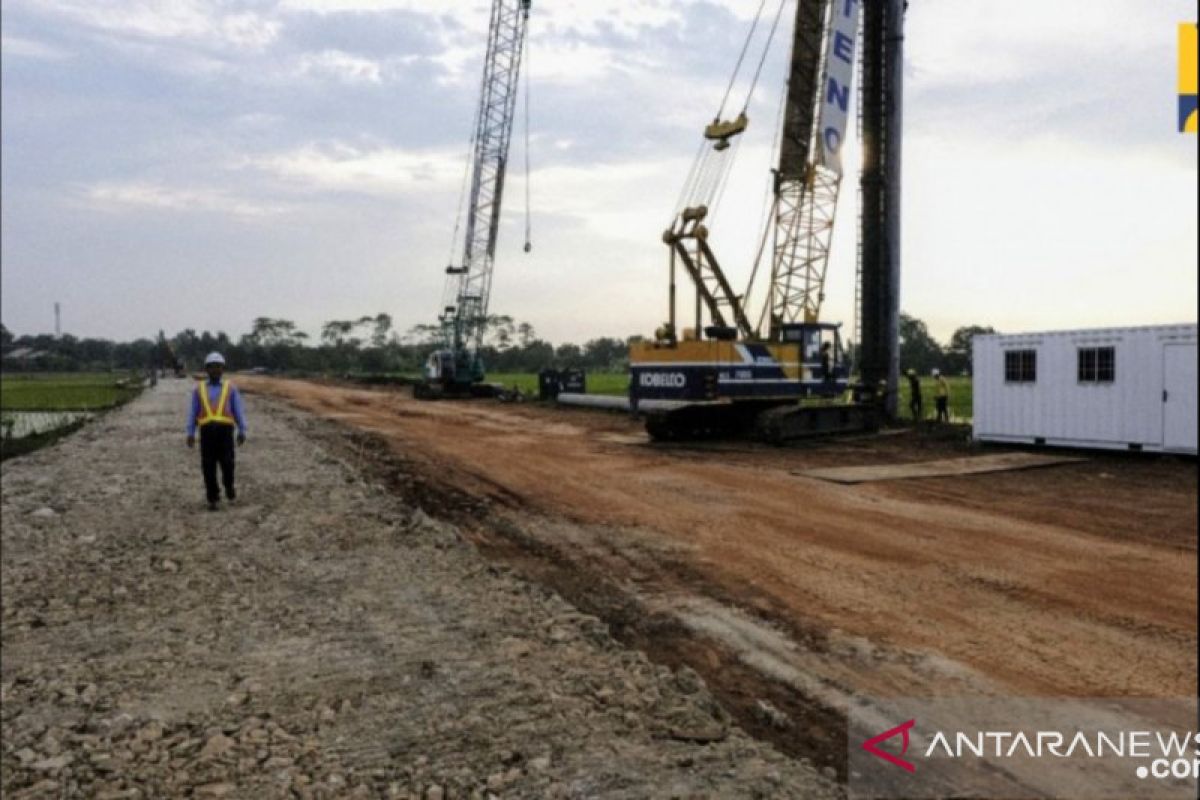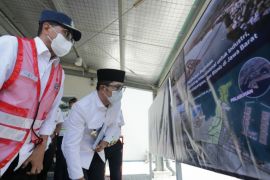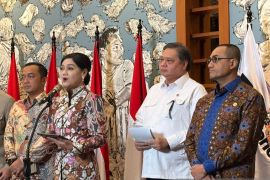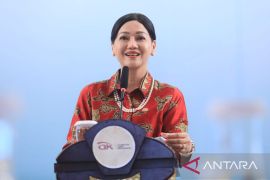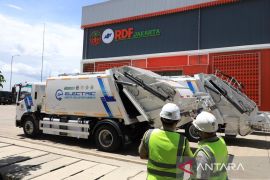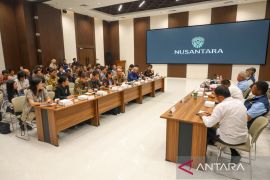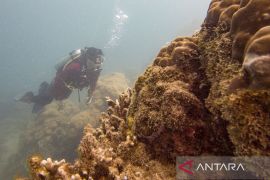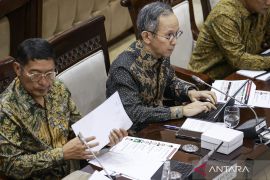Patimban port project in Subang, West Java, is on media headlines. It was triggered by the Coordinating Minister for Maritime Affairs Luhut Binsar Pandjaitan who said recently that there would be no state-owned port company involved in its operations soon the construction works are completed.
The statement is controversial since the Ministry of Transport, as the agency in charge of the development project, is to allocate the port’s golden shares (51 percent) that belong to the government of Indonesia to both state port enterprise, i.e. Jakarta-based Pelindo II, and domestic private players with each parties obtain 26 percent and 25 percent respectively.
Several firms have already aired their intention for the position, the state-owned enterprise or private entity. Mr. Luhut’s statement made the competition between the two groups a little bit hotter since his side is more on the latter than the earlier. Many times, when comes to a situation where a state-owned company is competing with a private company on a certain project the former Army general tends to support the private actor.
Believed to be prescribed by Japan, the 26 percent and 25 percent shares composition treatment is worth to highlight because it lacks of basic understandings of Indonesia’s port business principles. Japan is indeed the main creditor of Patimban port development through its Japan International Cooperation Agency (JICA) and irresistibly has certain terms and conditions for its loan.
To develop the first phase of the project that needs Rp17.16 trillion of investment, the country’s aid arms provides a loan scheme amounting Rp14.17 trillion. This cash will cover the constructions of car, container, multipurpose quays, vehicle and box yards, and other supporting facilities. For this financial venture Japan gets 49 percent stakes of the port. Patimban needs Rp43 trillion to meet its full handling capacity: 250 thousand cars and 7.5 million twenty-foot equivalent unit (TEU) containers.
In Indonesia’s port business practice the involvement of private companies is still limited. Of course, their number is quite big and can be seen operating at the ports across the nation. However, most of them are doing business as terminal operator, rarely they are engaged in managing a port that is much bigger, complicated than the earlier. This business is at the hands of four state-owned port operator companies, Pelabuhan Indonesia (Pelindo) that scatter from Medan, Jakarta, Surabaya, and Makassar.
A part of the situation arises from the legal aspect while the other is financial barrier. Law No. 17/2008 on Shipping fairly provides opportunity to any entity entering into the port business. But, the Government Regulation (Peraturan Pemerintah/PP) No. 6/2009 on Port Business puts limitation on the chance. Article 165 stipulates that the port business in which Pelindo(s) existent remain in the companies’ control.
That means a private firm cannot set up its business, for instance, at Tanjung Priok of Jakarta, without prior consent and participation of Pelindo II. And, since the latter possesses huge assets it will usually hold the controlling interest if the two parties want to set up a joint venture. Otherwise, the private company is only able to rent Pelindo II’s warehouses, cranes, etc. for their business activities.
The asymetrical position influences the financial posture of port business players where Pelindo(s) are definately much more wealthier than the private ones. Most of private port business companies are established by former ship masters or crew, Pelindo’s employees. Some are set up by the shipping companies as their subsidiary with a limited handling capacity and stevedoring equipment.
Within the context coming in the “outsider” in the recent years that had no prior connection and experience in port business. Their strength is only that they are a member of a certain conglomerate in Indonesia. This sector is basically open for everybody but you need to have a minimum degree of familiarity with it. Constructing and running a port is technically not too difficult but attracting shipping lines to call at the facility is something of totally different.
We have a scores of example of ports, among other things, Tobelo port in North Halmahera, North Maluku, which are visited by no ship since its inauguration by Presiden Joko Widodo two years ago. Familiarity is that of you are known by the shipping players and it is your best advantage in marketing your port. In case of Patimban port operator, the most acknowledged candidate is frankly Pelindo II.
Patimban port absolutely requires a known, acknowledged operator to make it surviving from pierce competition among existing local and regional players. On the west side of it there is Tanjung Priok port which is having similar facilities (car, container and multipurpose terminals). While on the east is Tanjung Perak that also operates the same terminals. At the regional level there are the ports of Singapore, Tanjung Pelepas and Klang, both in Malaysia, and others.
What about the Japanese partner who seizes 49 percent stocks of Patimban port, can they attract shipping lines calling at the port? Firstly, we still do not know who they are; media had said that they could be car manufacturers doing their activities in Bekasi-Karawang, West Java, the main hinterland of Patimban port. Secondly, Japan actually does not have international-level port operating companies. But, it has a bunch of world-class shipping lines, like Nippon Yusen Kabushiki Kaisha (NYK) and dan Kawasaki Kisen Kaisha (K Line).
Another member of the “Japanese shipping league”, Mitsui O.S.K Lines (MOL), even involved in the new container terminal at Tanjung Priok port, NPCT 1, as one of its shareholder. Will these connections be willing to come to Patimban port soon its operation? It’s not that easy. How efficient is its loading-unloading activities, how reasonable is the service charges, how intensive is its interconnectivity are some of questions asked by any shipping line before calling at a port.
It’s a truly complicated thing. Make it a little bit easier by choosing only the recognized company for Patimban port’s operator. If not, let the competition between Pelindo II and private companies run fairly without the government’s intervention in particular from those official who is not directly in charge in the project.
The views and opinions expressed on this page are those of the authors and do not necessarily reflect the official policy or position of ANTARA News Agency.
Copyright © ANTARA 2019
